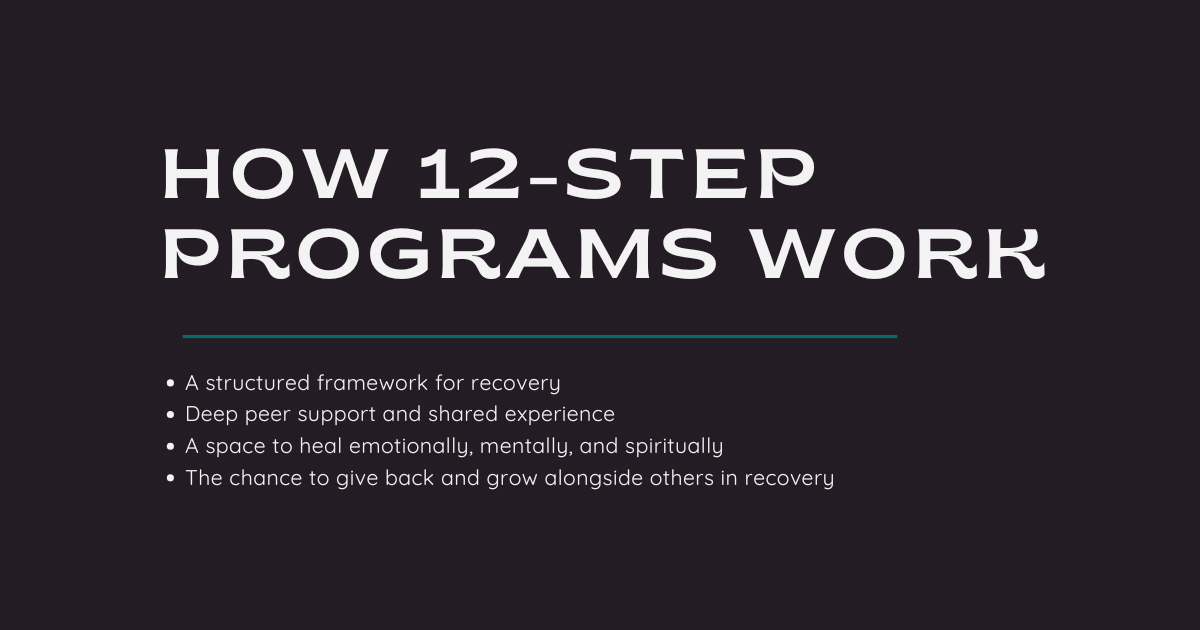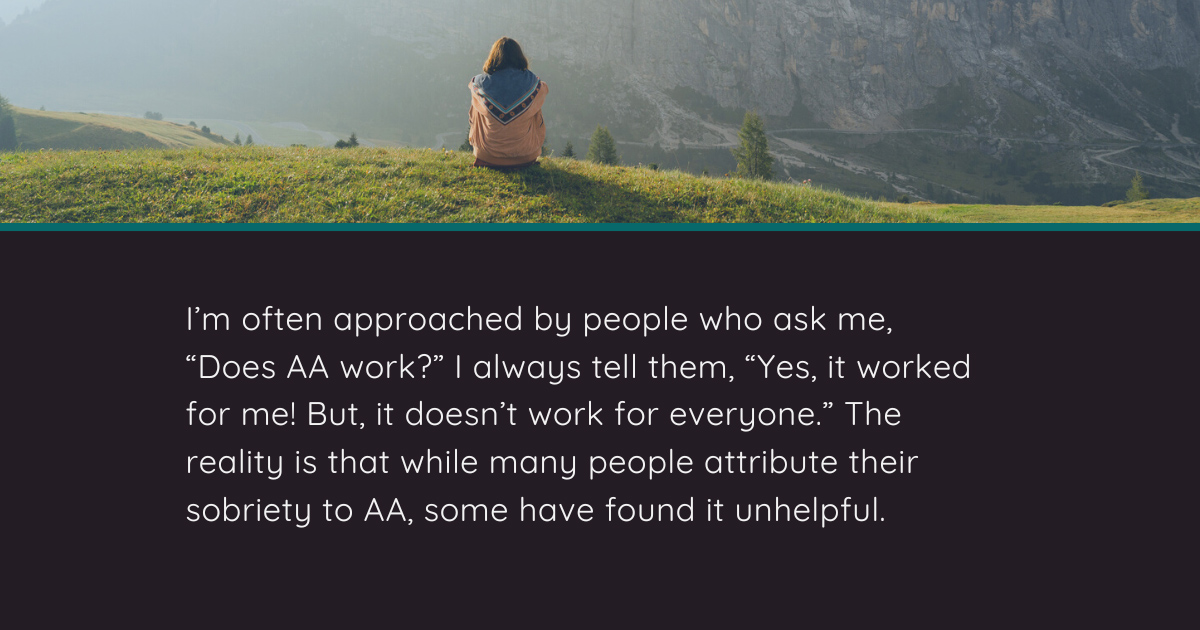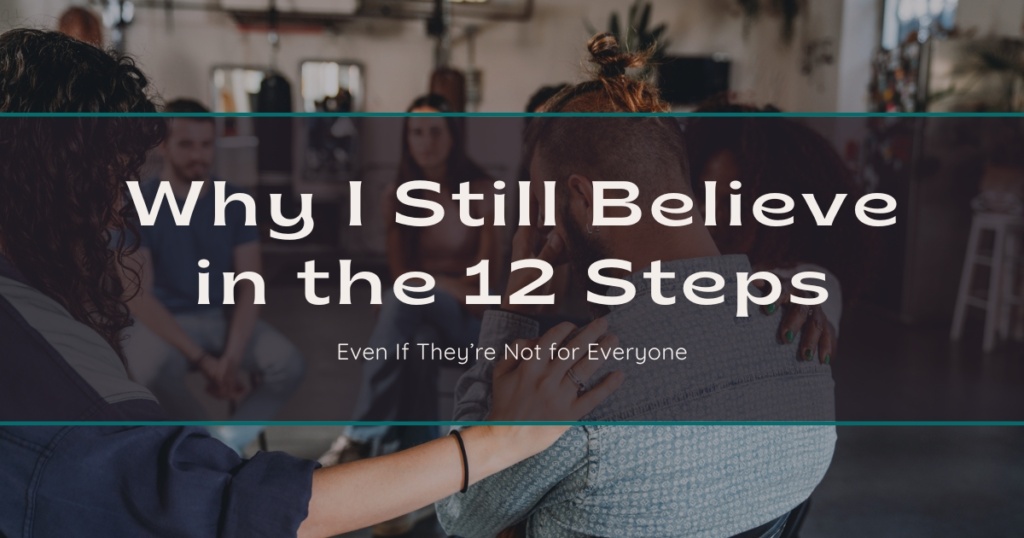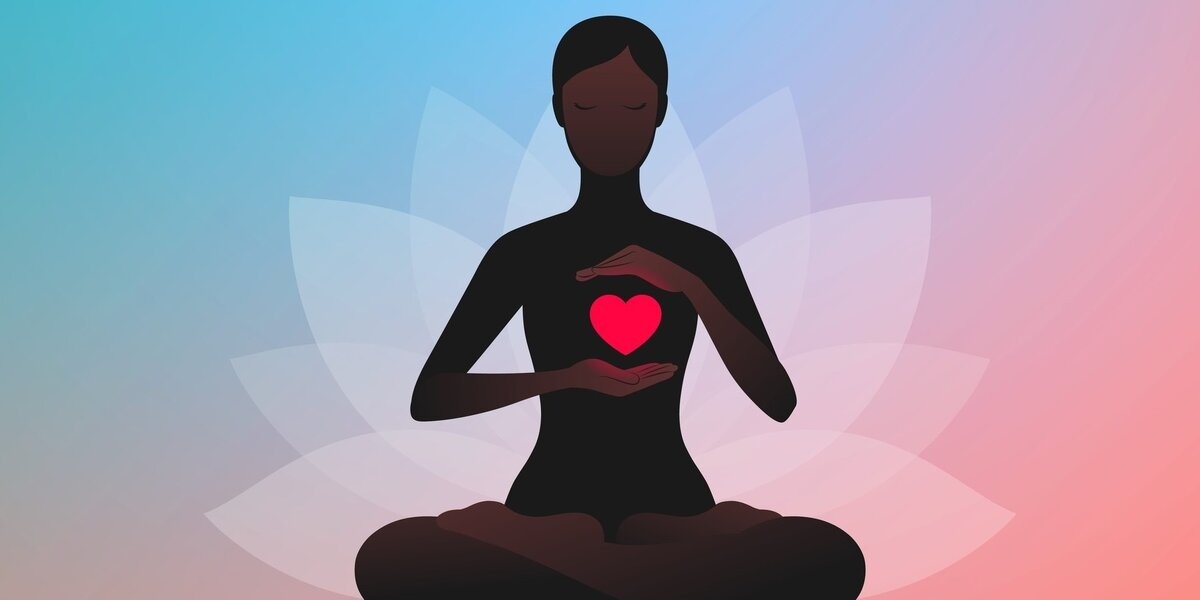For years, I struggled with substance use, feeling incredibly hopeless and alone. What I experienced within the AA community helped give me the strength to keep pursuing recovery, taking it day by day. Thanks to my community and following the 12 steps, I recently reached a significant milestone.
30 Years and a Room Full of Grace
Although the room was full of people, it was silent as I walked up to the podium. To some, this 30-year chip is just a trinket. To me, it’s a tangible reminder of where I’ve been and where I am now in my recovery journey. When I received my chip, the room erupted with applause, but it wasn’t the acclamation that really hit home – it was the support of the people in the room with me and the 12 steps we all navigated together.
Being surrounded by others going through similar journeys reminds me of how blessed I am – remaining in recovery is an incredibly hard road, especially when you’re traveling it alone. My AA community has made an enormous impact on my life. I am here to tell you that following the 12 steps with my recovery community works; at least, it worked for me.
How 12-Step Programs Work
Before I get into why I believe in the 12 steps, let me tell you a bit about how the most prominent 12-step program works.

Alcoholics Anonymous began with two men, Dr. Bob Smith and Bill Wilson, both of whom were struggling with alcoholism. They realized that substance use disorders, as they’re now called, not only have a physical impact but also an emotional and mental health impact that requires community with others. They also recognized the importance of a framework to help people build accountability with the support of people who have had similar struggles.
To that end, AA and other 12-step programs use two such frameworks to help people progress in recovery. The Twelve Traditions outline how groups should establish a unified community and interact with those outside the group. The 12 steps outline twelve principles that members should follow as a guide along the road to recovery. Together, the 12 steps and Twelve Traditions can help people like me self-reflect, take accountability for our actions, take and provide peer support, and grow on a personal level as we remain free from substances.
Why the 12 Steps Worked for Me
An important component of recovery involves being honest with yourself and with others. I found myself grappling with the reality that my life had gotten out of control, and I was not able to stop my substance use alone. The 12 steps helped me face my shortcomings and admit them to myself, as well as to those closest to me.
I also had to admit that I needed the help of a Higher Power– one that could, as the 12 steps state, “restore me to sanity.” Continuing to live the way that I was was only creating more chaos and confusion in my life, resulting in turmoil and heartbreak. By grounding myself in the understanding that I alone could not pull myself out of my mess, I relinquished control and instead gave control to the Higher Power.
What Changed?
Early in my journey and before the 12 steps, I frequently slipped back into my old bad habits. Whenever I had a difficult day or experienced a triggering event, I tried to rely on willpower to make a change. And still, after having a stressful or upsetting day, all I wanted to do was revert to my old ways. Even after I started perusing the 12 steps and reassured myself that I would one day work them on my own, I still struggled to hold myself accountable.
Joining AA was a turning point for me because it was the first step towards progress in my recovery. I was committing myself to remaining free of substances, but I was going to do it with a roadmap in my hands, my Higher Power leading the way, and a strong community at my back.
Why It Matters
Substance use disorders often begin while a person is mired in feelings of extreme loneliness and isolation, and this was true for me. Building connections is a major step in recovery. Having others to share your struggles with is helpful in so many ways.
A support system that you can count on when you are facing serious setbacks is essential, as they walk alongside you, encouraging you when you are tempted to throw in the towel. I would not be where I am today if it weren’t for the people who showed up for me when I needed them most.
Community is what helped to anchor me in the times when I was ready to quit. Surrounding myself with others who offered encouragement, support, and hope during the dark times gave me the strength I needed to persevere. My 12-step community was there to celebrate every achievement, even if they were small victories. Every AA chip I received for a recovery milestone, bolstered by the encouragement of my community, gave me motivation to keep working towards the next milestone.
What I Took Away
Even with the support of a community of people just like you, you may be intimidated to tackle steps like “taking a moral inventory” and “making amends to those you’ve harmed.” I know I was. But, one popular AA slogan that helped in the early days of recovery when the 12 steps seemed like an insurmountable challenge was to take things “one day at a time.” Worrying about whether I could refrain from drinking tomorrow or approach people I’ve wronged next week was too overwhelming; beating myself up over the past was only tormenting me.
Instead, I learned to focus on “one day at a time,” doing what I could to stay sober just for that day and letting the steps guide me regarding what I could do tomorrow. Remember: recovery is never about achieving perfection, but rather about becoming a better version of yourself with the help of your community. The 12 steps provided small increments of progress I could make over time to ensure I was staying on the path of recovery.
It Doesn’t Work for Everyone
I’m often approached by people who ask me, “Does AA work?” I always tell them, “Yes, it worked for me! But, it doesn’t work for everyone.” The reality is that while many people attribute their sobriety to AA, some have found it unhelpful.

Here are some common reasons people don’t stick with the 12 steps:
Potential Lack of Evidence
One common complaint about AA is that it is not considered an evidence-based treatment. In other words, the 12 steps have not been studied in a scientific trial. That means it is impossible to determine its true efficacy as a standalone solution for alcoholism. For this reason (and many others), the 12 steps are often incorporated into a multifaceted treatment program.
One-Size-Fits-All Model
Another criticism is that the 12 steps and AA in general are a standardized framework for people facing alcoholism. Many people dislike the one-size-fits-all approach to dealing with alcoholism and fear it has caused some to feel left out. AA and the 12 steps could justifiably be accused of ignoring the issues at the root of substance use disorder, including childhood trauma and mental illness.
Spiritual Aspects
AA places a strong emphasis on the spiritual, and those who do not share in these beliefs may feel excluded or unseen. In particular, many AA critics dislike the program’s use of the term “Higher Power” to describe a force greater than the self that people following the 12 steps must rely on throughout recovery. While the term is broad, and deliberately so because it allows people to attribute this force however they wish, it may alienate people who don’t wish to focus on the spiritual aspects of recovery.
Group Dynamics
Additionally, as each AA group is its own entity with the authority to operate independently, each group will have different dynamics. There are no two groups exactly alike, which can be a positive experience for some. However, it may be a deterrent to those looking for continuity in their recovery. Unfortunately, too, some people find that they simply don’t mesh well with the personalities in a particular group.
If you have had a negative experience after attending an AA group meeting, I am truly sorry. Feeling hurt by those who you thought would understand what you are going through feels like another betrayal, and can even hinder your recovery process. Thankfully, alternatives are available, and I sincerely hope that you can find an approach that works for you.
What Recovery Really Means
It’s important to recognize that AA and the 12 steps are not “addiction treatment,” but they can function as a tool to help you maintain sobriety. They’re just not the only tools available.
Recovery is not a prescription – there is no one approach that will work for everyone, because each person’s journey is unique. The more pressure that you place on yourself to strive for perfection, the more likely you are to disappoint yourself – it’s an unrealistic goal. Instead, focus on making progress, whether that’s within the 12-step framework or something else. Do what works for you, where you are in your recovery journey.
Alternative recovery paths can be just as effective and just as rewarding. Some other options include:
Therapy
Several different types of therapies can be effective for substance use disorder. Cognitive behavioral therapy (CBT), for example, is frequently used during the recovery process. This type of therapy focuses on identifying negative and harmful thought patterns that contribute to substance use and developing positive replacements to combat them.
Holistic Treatment
Holistic treatment is a set of customized therapies designed to address issues that impact the whole person. The various therapies associated with holistic treatment focus on the spiritual, physical, and emotional aspects of the individual and the roots of their substance use. Many people value treatment of physical symptoms alongside mental health and spiritually-focused therapies, like mindfulness meditation, psychotherapy, group and individual therapies, and more. 12-step programs can also be incorporated into a personalized, holistic approach.
Medication-Assisted Treatment
This type of treatment uses FDA-approved medications with evidence-based therapy to support the individual through their recovery journey. Medications are administered to address the physical symptoms of withdrawal and other physical health issues, while other therapies help the individual focus on the psychological symptoms. Medications and therapies are chosen based on the individual’s needs.
SMART Recovery
SMART Recovery is an evidence-based program that utilizes cognitive behavioral techniques to help individuals learn how to build the skills necessary for dealing with unhealthy habits and replacing them with healthy ones. The four points of SMART Recovery were created as an alternative to the 12 steps. The program aims to enable the individual to feel a sense of empowerment and responsibility, while also teaching self-reliance.
Healing is not linear. Much like other things in life, recovery has high points and low points. Just remember that it’s never too late to find what works for you and your journey.
Closing Thoughts: Let Your Path Be Yours

Thirty years into my recovery journey, it’s important to mention that I know I have still not arrived. Recovery isn’t a destination – it’s a continuous process within which I will always be evolving and growing.
Every person who is in recovery has their own addiction recovery story, and this one is mine. What will yours be? The 12 steps may not be the right choice for you, but I’ll never stop being grateful for finding what I needed in them, and I encourage you to find what you need as you heal. Keep an open mind as you discover what works for you, and never give up on your goals to find recovery.
Whatever your path, you don’t have to walk it alone. Reach out to talk with someone who’s been there, and is still showing up.
Curious about daily inspiration on your recovery journey?
Subscribe to Daily AA Reflections and explore more stories and insights about AA.
Stay Strong,
Jim






